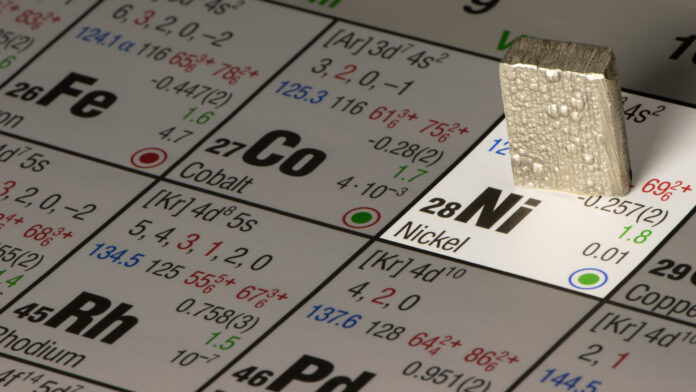
AFRICAN Rainbow Minerals (ARM) said it was considering different business combinations for its Nkomati Nickel mine, including partnering with “an integrated end-user”.
The mine, situated in South Africa’s Mpumalanga province, was put on care and maintenance in 2021. Last year, ARM bought 100% control of the mine from 50% partner Russia’s Norilsk Nickel Africa for R1m so as to better manage its closure.
But the group said the mine had a high quality deposit as well as access to ample resources of wind and sun that offered a pathway to reopening.
“There’s a lot of opportunity and options about the future of Nkomati, but we have to manage it,” said Mike Schmidt, executive in charge of growth for ARM. “That could be a closure or restarting and working with an integrated player as an end user,” he said.
“The most important is if you look at its orebody; it is a class one sulphide orebody. Its carbon intensity is low; it is a clean environment and those options we need to look at. It is well endowed with water, and water can be energy; it has extensive sunlight.
“It has optionality of supplying clean, green energy up to our smelting which we are advancing. There’s a lot of opportunity but we have to manage it,” he said. Schmidt was formerly CEO of ARM before deciding to step back at the end of last year.
Nickel mines globally are under huge pressure amid a price crash caused by a glut of new, low-grade supply from Indonesia. Anglo wrote down its nickel operations by about $500m while Glencore is to shut its New Caledonia mine Koniambo. BHP is deciding whether to close its Australian nickel operation.
However, there was still opportunity for low-carbon nickel production, said Neal Froneman, CEO of Sibanye-Stillwater. Commenting on Indonesian production, he said: “It has a really bad carbon footprint and it’s not going to be nickel that’s used in batteries because you defeat the purpose”.
“Tariffs will probably be introduced, penalties will be put in place, for material that has got a carbon footprint that’s unacceptable,” Froneman said.
Nickel moved from a supply deficit of 161,000 tons in 2021 to a surplus of 244,000 tons last year. The surplus is projected to continue until at least 2027, according to Bloomberg News citing Macquarie Bank data.
Sibanye-Stillwater is studying plans to convert its Sandouville nickel refinery in France to production of a ‘precursor’ battery metal known as pCAM.










